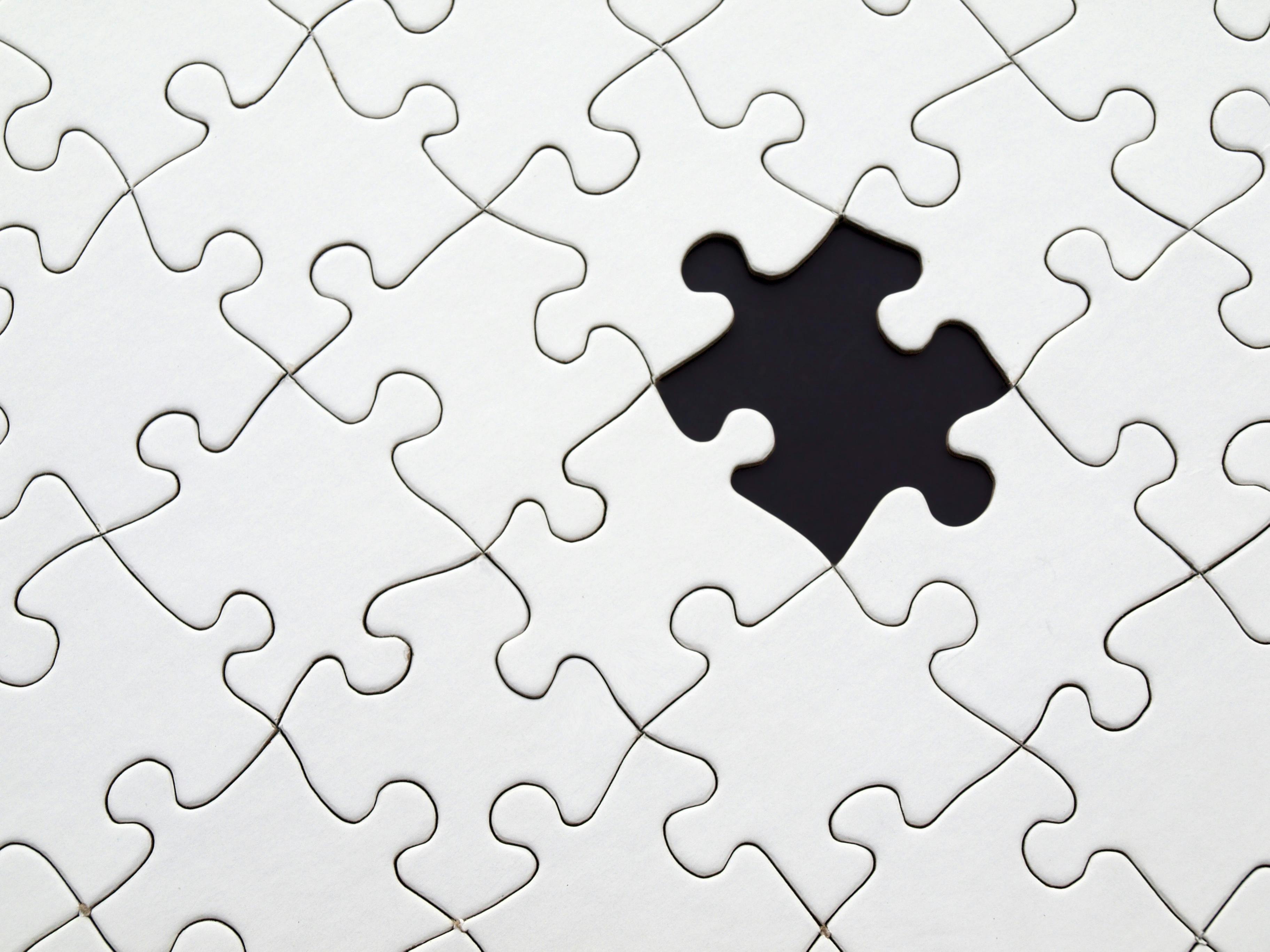Nutrition plan and supplements for female triathletes to improve performance

Female triathletes have benefited from the scientific and nutritional advances made in sports and athletics like most modern athletes. Old sports problems like low energy, cramps and injuries have not been cured, but the answers to why they happen and how to try to prevent them are finally being answered.
glycogen
There are times when all female triathletes experience what is known as a “bonk” or bonking. Despite the funny name or double entendres one might think of, it’s not much fun when you experience bonking, it involves either running out of energy completely or hitting the proverbial “brick wall”.
Triathletes go crazy because their body uses up its glycogen stores from physical exertion and this translates into a feeling of lack of energy, continuing with physical activity is like running through quicksand.
The way your body burns glycogen and stored fat calories depends on how much you exercised during a race or training session. If you’re doing a hard triathlon workout for an hour on an empty stomach, chances are you’ll end up experiencing a “bonk.” If instead you are doing a more moderate one hour training session without eating anything, your body will use up stored fat and glycogen and you will still have enough reserves to get you going.
Professional athletes learn to train their bodies to use primarily stored fat, rather than just their glycogen stores. Using a monitor, they watch your heart rate as you train in various heart rate zones, then they can determine how your body reacts under different conditions and intensities and learn how much energy they need to perform at their best and how to burn their glycogen and fat in different proportions.
The average female triathlete may not be a professional, but still needs to prevent an energy deficit during a triathlon race or training. Firstly, it is essential to use a proper and healthy nutrition plan designed for triathlon, and also to ensure that there is always a good supply of energy gels and shaped sports drinks available to make up for the shortfall in glycogen stores, thus will make sure you get to the end. of your race or training session.
Dehydration
Even non-athletes constantly hear advice from doctors about drinking enough water to prevent dehydration and other health problems.
The average person consumes about 1.5 gallons or more of water per day in normal bodily activities and respiration. If you are training hard enough to participate in a triathlon, your level of water intake will increase and it is recommended that you drink at least 4 ounces of water every 15 minutes.
Most triathletes and other athletes should drink at least one bottle of water for every hour of exercise they do, and even more when they’re competing.
Never wait until you are already thirsty before drinking water. Thirst is our body’s built-in alarm for dehydration, and good hydration should be practiced even if you are not thirsty.
Hydration of your body for triathlon training and racing should begin days before your planned activity, and if you’re training multiple times a day, proper hydration is even more important. Dehydration causes your blood to thicken and forces your heart to work harder to pump blood around your body, you will have a higher heart rate and your exercise performance will decrease. Dehydration can also lead to muscle cramps that can greatly affect your athletic performance.
hyponatremia
Aside from shock and dehydration, triathletes can also experience hyponatremia, an electrolyte disorder in which the plasma has a lower than normal sodium concentration. During training or racing in hot weather, the body sweats excessively and loses a large amount of sodium, leading to muscle cramps, nausea, headaches, vomiting, disorientation, and slurred speech.
Ironman athletes are prone to hyponatremia due to the extreme nature of the event. Many female professional triathletes fight sodium loss by taking salt tablets which not only replace sodium in the body but also help the body absorb water.
The good thing for the average triathlete is that much of this type of research is available to anyone, and the remedies and preventative measures are not expensive treatments but simple things that are basically “tricks of the trade.”
Most of these simple remedies have been well proven in the field to help you push yourself harder and improve your training and race times without adverse effects on your health.
As long as your doctor has given you the go-ahead for triathlon training beforehand and tells you what diet and supplements you’re taking, you should be able to start trying a few of them and gradually become a better triathlete.